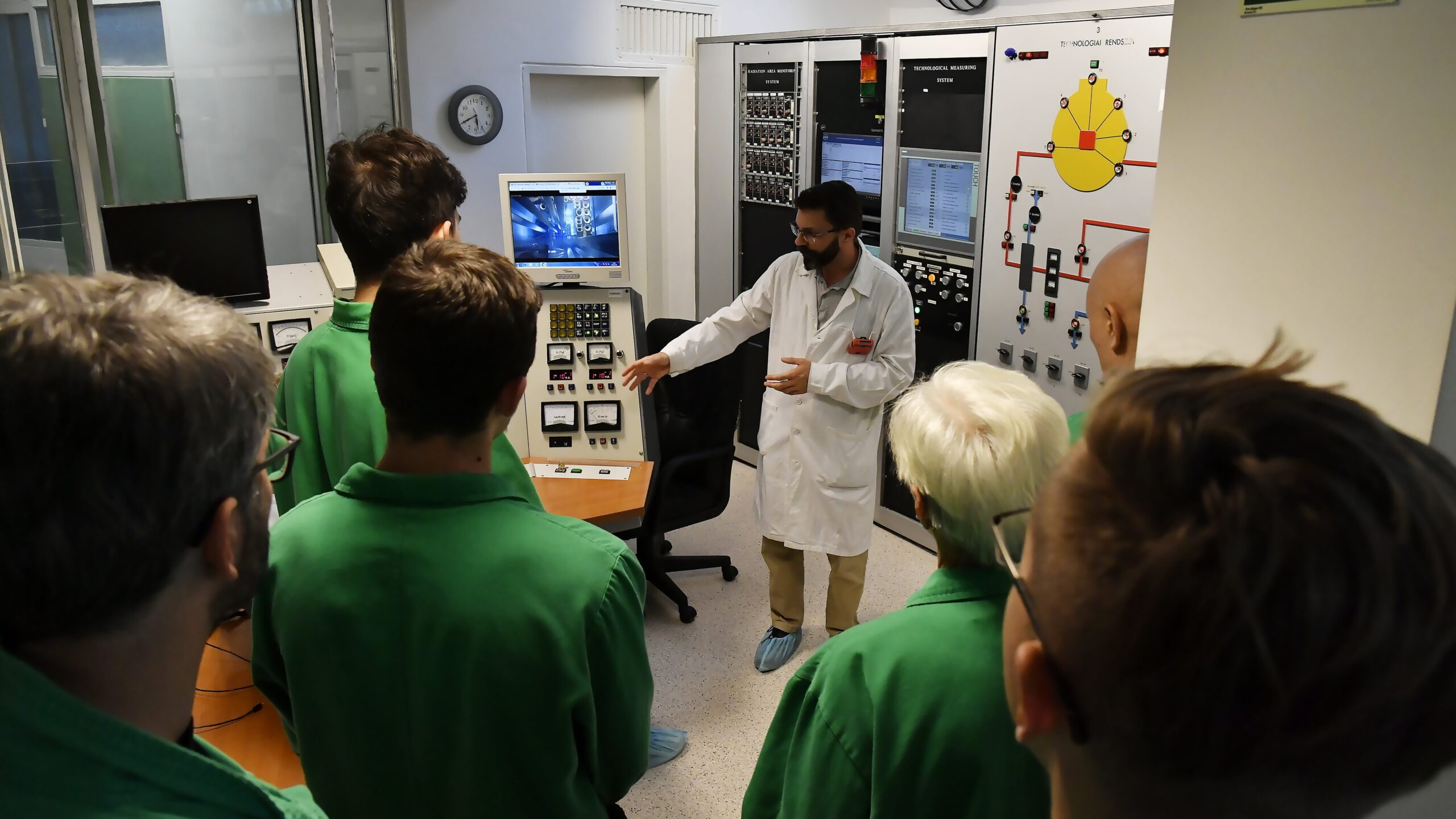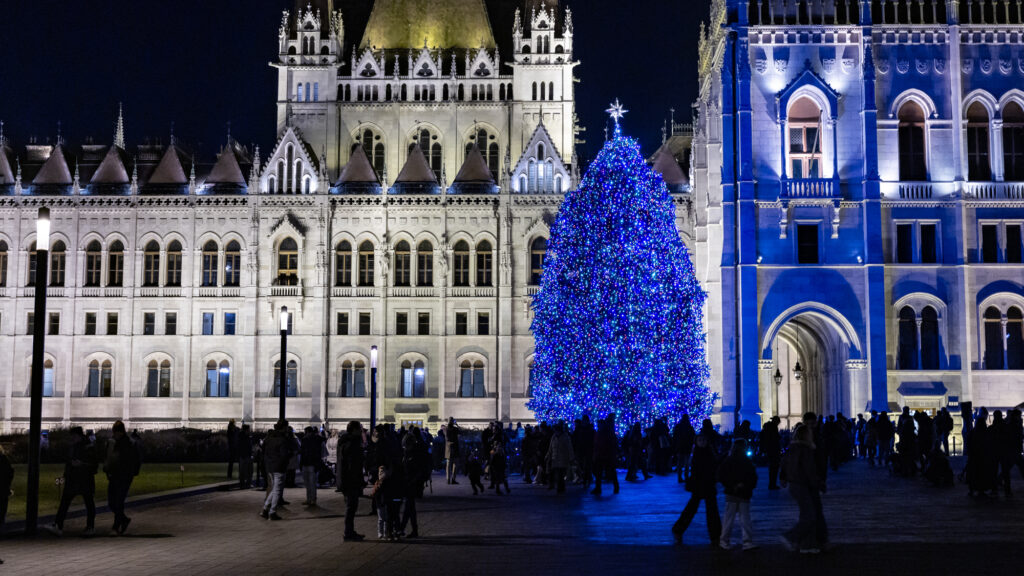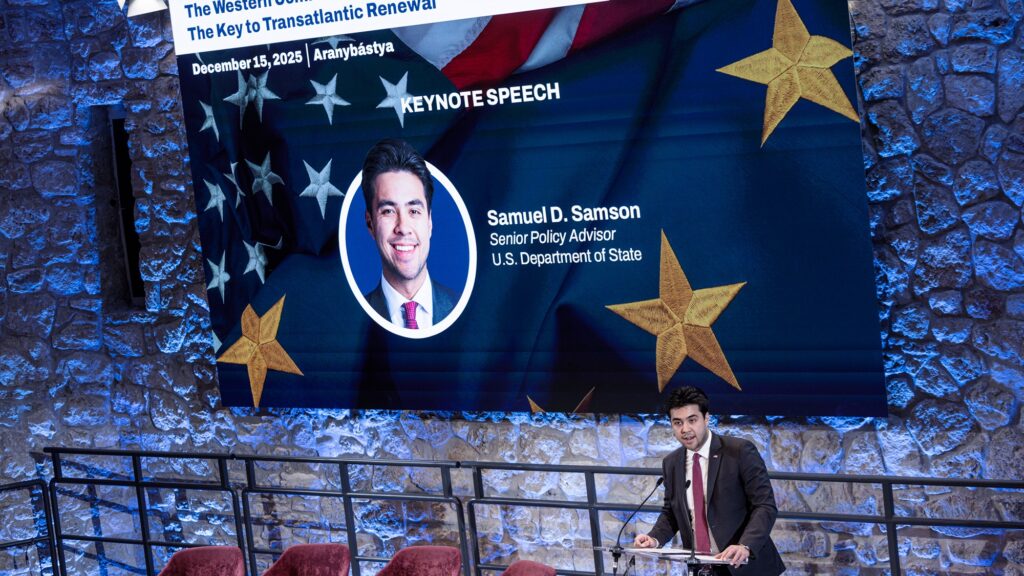This year the John von Neumann Computer Society is once again offering an exciting programme for attendees of the 2024 Researchers’ Night, scheduled for 27 September. Visitors at the Szent-Györgyi Albert Agora in Szeged, home to the IT History Exhibition, will have the chance to explore the HP-65, the world’s first programmable pocket calculator, which celebrates its 50th anniversary this year. In the 1970s, this device even supported American astronauts during the Apollo-Soyuz mission.
As part of Researchers’ Night, visitors are invited to discover on 27 September 2024 the evolution of programmable pocket calculators and the development of handheld computers and smartphones at the John von Neumann Computer Society’s 1200-square-metre IT museum in the Szent-Györgyi Albert Agora. Renowned private collectors, including experts from the Arithmomuseum, will deliver presentations during the event.
The HP-65 was particularly notable for its use during the docking of the American Apollo and Soviet Soyuz-19 spacecraft in July 1975, where American astronauts used this type of calculator to perform necessary course correction calculations, in preparation for the possibility that the onboard computer might fail. This surprisingly compact yet versatile calculator introduced significant innovations, such as an integrated magnetic card reader/writer, allowing for the saving of programmes that would otherwise be lost upon powering off. Additionally, each key of the device could perform multiple functions, reducing the number of keys drastically. Various software packages were available for the HP-65, ranging from mathematical applications to games, foreshadowing the later development of pocket computers and handheld smart devices. It is no surprise that the HP Journal ahead of its time referred to the HP-65 as a ‘Personal Computer.’
In addition to the event, visitors will be able to explore the John von Neumann Computer Society’s permanent exhibition, the MAC40 Apple exhibition, the newly refurbished Neumann Memorial Room, and a commemorative display dedicated to Gábor Rényi, founder of Novotrade. Alongside the event in Szeged, representatives from the John von Neumann Computer Society will be present at other venues during Researchers’ Night. For instance, at Óbuda University in Budapest, several divisions of the society are operating with great success, and at the Kós Károly Cultural Centre in Budakalász visitors can learn about the history of the BASIC programming language. Additionally, at the Technical Study Collection of the Hungarian Museum of Science, Technology, and Transport in Budapest, exciting IT history demonstrations await visitors, covering topics such as slide rules and Hungary’s first electromechanical computer, thanks to experts connected to the society.
The event in Szeged is free to attend and does not require prior registration. Visitors can find detailed programme information on the Researchers’ Night website.
The John von Neumann Computer Society is the longest-standing IT organization in Hungary. Since its founding in 1968, it has played a prominent role in promoting digital equality. Its activities include a strong focus on nurturing IT talent, organizing the Nemes Tihamér Competitions and the Kovács Mihály National Graphic Programming Competition for decades, as well as preparing teams for student Olympiads (IOI, CEOI, EGOI, eJOI, IIOT, IOAI, IAIO). The society is also the founder and operator of the IT History Museum located in the Szent-Györgyi Albert Agora in Szeged, and it introduced and manages the international ECDL/ICDL certification system in Hungary. The society’s mission is to promote digital transformation.
Related articles:







